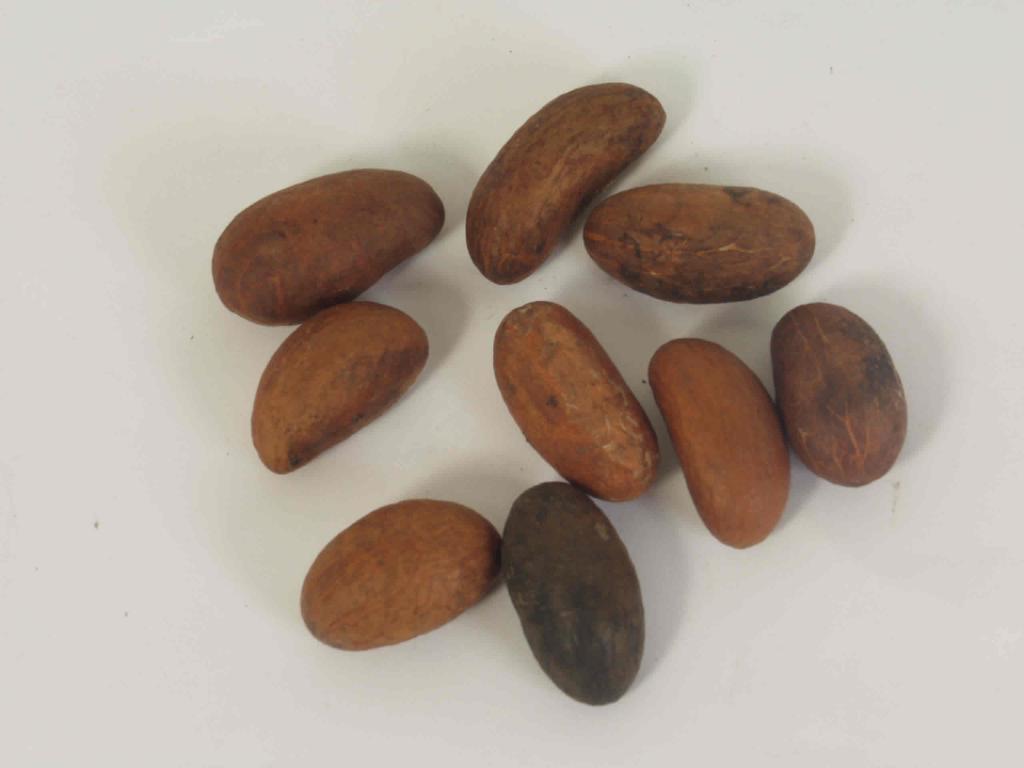Garcinia
kola is highly valued because of its medicinal use. The seeds are
chewed as an aphrodisiac or used to cure cough, dysentery, chest colds
in herbal medicine.
The plant has also found usefulness in the treatment of stomach ache and gastritis. In fact, Professor Maurice Iwu, the chairman of INEC in a study carried out at the University of Nigeria Nsukka reported the use of the plant for the treatment of jaundice, high fever, and as purgative.
Some researchers have also reported that the administration of Gk seed extract caused an increase in testosterone production in Sprague-Dawley rates which is thought to be due to its antioxidant properties. Also, studies have confirmed the spermatogenic and tissue enhancing effect of GK extract in male Wistar rats.
They showed that Gk extract exhibits a dilatory effect on the alveolar ducts, alveolar sacs and alveoli thereby improves respiratory activities, which may be due to its antioxidant properties in Swiss albino mice.
Gk has been shown to inhibit smooth muscle activity. It relaxes the smooth muscles of the uterus and the intestine. Although, Gk lacks caffeine, its alkaloid and biflavonoids fractions are said to relax the smooth muscles. Gk has a bronchodilatory effect.
The seeds are used in the treatment of bronchitis and throat infections. They are also used to prevent and relieve colic, cure head or chest colds and relieve cough. Also, the plant is used for the treatment of liver disorders and as a chewing stick.
Historically, plants have provided a source of inspiration for novel drug compounds, as plant derived medicines have made large contributions to human health and well being. The seeds of Garcinia kola (Gk) forms a major part of the herbal preparation used in traditional African medicine practice for the treatment of various respiratory tract diseases including asthma.
Asthma is a very common chronic disease involving the respiration system. Episodic or chronic wheezing, cough, and feeling of tightness in the chest as a result of bronchoconstriction characterize it. The fundamental cause is still unknown despite intensive research. However, three abnormalities are present: airway obstruction that is at least partially reversible, airway inflammation, and airway hyper responsiveness to a variety of stimuli. A link to allergy has long been recognized, and plasma IgE levels are often elevated.
Public attention in the developed world has recently focused on asthma because of its rapidly increasing prevalence, affecting up to one in four urban children.
The disease is caused by a complex interaction of environmental and genetic factors that researchers do not yet fully understand.
Environmental tobacco smoke, especially maternal cigarette smoking, is associated with high risk of asthma prevalence and asthma morbidity, wheeze, and respiratory infections.
The plant has also found usefulness in the treatment of stomach ache and gastritis. In fact, Professor Maurice Iwu, the chairman of INEC in a study carried out at the University of Nigeria Nsukka reported the use of the plant for the treatment of jaundice, high fever, and as purgative.
Some researchers have also reported that the administration of Gk seed extract caused an increase in testosterone production in Sprague-Dawley rates which is thought to be due to its antioxidant properties. Also, studies have confirmed the spermatogenic and tissue enhancing effect of GK extract in male Wistar rats.
They showed that Gk extract exhibits a dilatory effect on the alveolar ducts, alveolar sacs and alveoli thereby improves respiratory activities, which may be due to its antioxidant properties in Swiss albino mice.
Gk has been shown to inhibit smooth muscle activity. It relaxes the smooth muscles of the uterus and the intestine. Although, Gk lacks caffeine, its alkaloid and biflavonoids fractions are said to relax the smooth muscles. Gk has a bronchodilatory effect.
The seeds are used in the treatment of bronchitis and throat infections. They are also used to prevent and relieve colic, cure head or chest colds and relieve cough. Also, the plant is used for the treatment of liver disorders and as a chewing stick.
Historically, plants have provided a source of inspiration for novel drug compounds, as plant derived medicines have made large contributions to human health and well being. The seeds of Garcinia kola (Gk) forms a major part of the herbal preparation used in traditional African medicine practice for the treatment of various respiratory tract diseases including asthma.
Asthma is a very common chronic disease involving the respiration system. Episodic or chronic wheezing, cough, and feeling of tightness in the chest as a result of bronchoconstriction characterize it. The fundamental cause is still unknown despite intensive research. However, three abnormalities are present: airway obstruction that is at least partially reversible, airway inflammation, and airway hyper responsiveness to a variety of stimuli. A link to allergy has long been recognized, and plasma IgE levels are often elevated.
Public attention in the developed world has recently focused on asthma because of its rapidly increasing prevalence, affecting up to one in four urban children.
The disease is caused by a complex interaction of environmental and genetic factors that researchers do not yet fully understand.
Environmental tobacco smoke, especially maternal cigarette smoking, is associated with high risk of asthma prevalence and asthma morbidity, wheeze, and respiratory infections.



